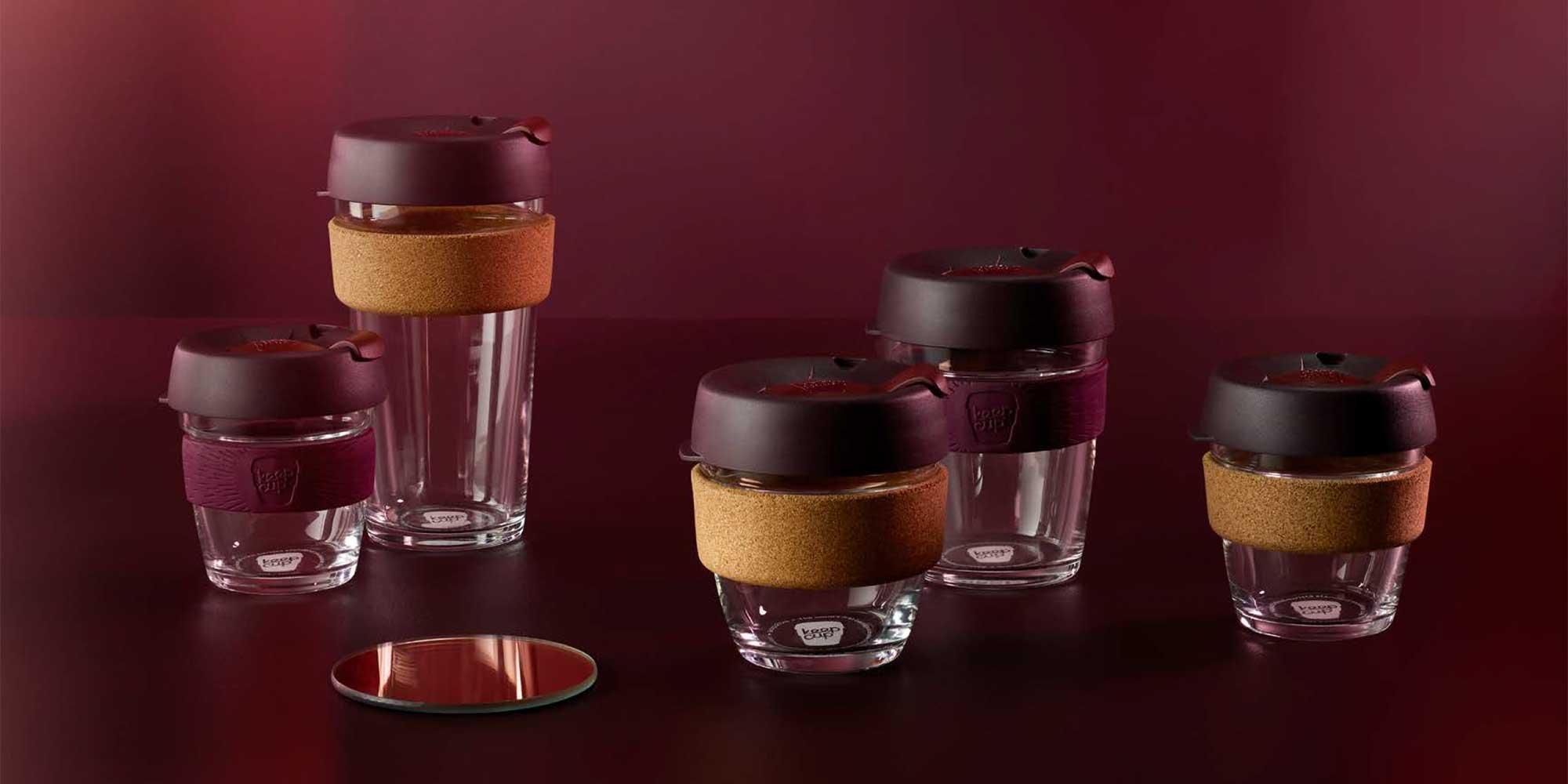
Unique & Original Branded Keep Cup - Coffee Cups
A sustainable choice
There is a real push for more sustainable ideas when it comes to promotional gifts, and reusable coffee cups are right there in the mix. Everyone knows about how wasteful single-use cups are so it is a no-brainer that we should all be using our own reusable cup. However, sustainability goes beyond just the use of a cup.
Keep Cup have sustainability built into their DNA. Everything they do is geared towards minimising their impact as a company, so you know that by choosing Keep Cup you are choosing the best. A quality coffee cup and also a more sustainable one too.
Keep Cup Options
Keep Cup Q&A
-
Keep Cup are a leading name when it comes to reusable coffee cups. They stand out not just for the quality of their cups but for the level of commitment they have given to being a sustainable company.
-
Keep Cup are from Melbourne, Australia. Manufacture of the plastic cups is in Australia and also in the UK. Some elements are made overseas, such as the cork bands (Portugal), silicon bands and glass cups (China). All cups are then assembled in the UK or Australia, reducing the distance to the local markets for shipping.
-
They were set up in 1998 and launched their first barista-style coffee cup back in 2007.
-
The materials vary according to the cup but a quick summary would be:
Cup - one of the following:
Brew - Tempered soda lime glass
Original - Polypropylene plastic (PP) #5 and co-polyester plastic (Tritan) #7
Band - one of the following:
Cork - Recovered cork
Wood - Recovered wood
Co-polyester plastic (Tritan) #7
Silicone (synthetic elastomer) #7
Press Lid
Low-density polyethylene plastic (LDPE) #4 plastic
Packaging
100% FSC certified board using soy-based inks.
-
No. The reason for this is best explained by Keep Cup, who say it is because of a “lack of material volume availability for manufacture. Full material traceability of post-consumer recycled plastic is essential to compliance with worldwide repeat use plastic food safety and health regulations, including migration of chemical compounds in use. This is infrastructure and cost intensive and any contamination could change known thermal and chemical properties of the material – a danger in conjunction with human consumption, especially when filling with hot drinks or microwaving.”
-
Yes, with the lid off
-
Yes, they are suitable for going in a dishwasher.

